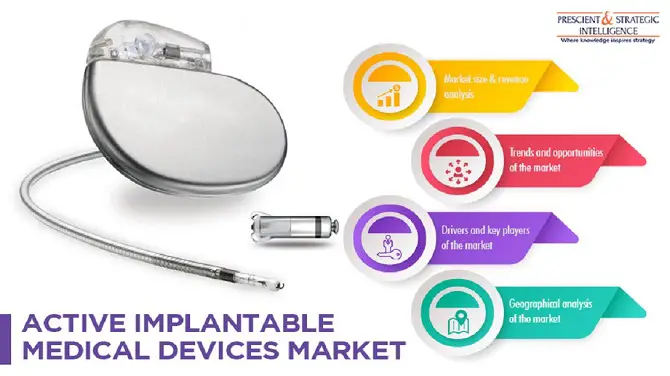The World Health Organization (WHO) states that neurological disorders are the primary cause of disability globally. As per the international body, stroke, epilepsy, dementia, migraine, and meningitis are the five prevalent forms of neurological disorders worldwide. The organization estimates that over 55 million people across the world are currently living with dementia, and approximately 10 million new cases of the disease are recorded each year. Alzheimer's disease accounts for around 60–70% of dementia cases and it is the most common form of this neurological disease.
In contemporary times, healthcare professionals use implantable cardiac pacemakers, ventricular assist devices, implantable heart monitors/insertable loop recorders, and implantable cardioverter defibrillators, such as subcutaneous implantable cardioverter defibrillators and transvenous implantable cardioverter defibrillators, to treat CVD patients. Single-chamber, dual-chamber, biventricular implantable cardioverter defibrillators are the different types of transvenous implantable cardioverter defibrillators being used by the cardiology department. Furthermore, the neurological department uses deep brain stimulators, gastric electrical stimulators, sacral nerve stimulators, spinal cord stimulators, and vagus nerve stimulators to treat patients suffering from neurological disorders, while implantable hearing devices are used for treating patients suffering from hearing disorders.
In recent years, players of the active implantable medical devices market have primarily focused on product innovation, partnerships, and collaborations to gain a competitive edge. For instance, in May 2016, Boston Scientific Corporation introduced the U.S. Food and Drug Administration (USFDA)-approved Precision Montage MRI Spinal Cord Stimulator (SCS) System to offer relief to patients suffering from chronic pain. Other manufacturers engaging in such strategic measures are Sonova Holding AG, BIOTRONIK SE & Co. KG, MED-EL, Nurotron Biotechnology Co. Ltd., LivaNova PLC, and William Demant Holding A/S.
Thus, the rising cases of CVDs and neurological diseases will augment the adoption of active implantable medical devices in the forthcoming years.






